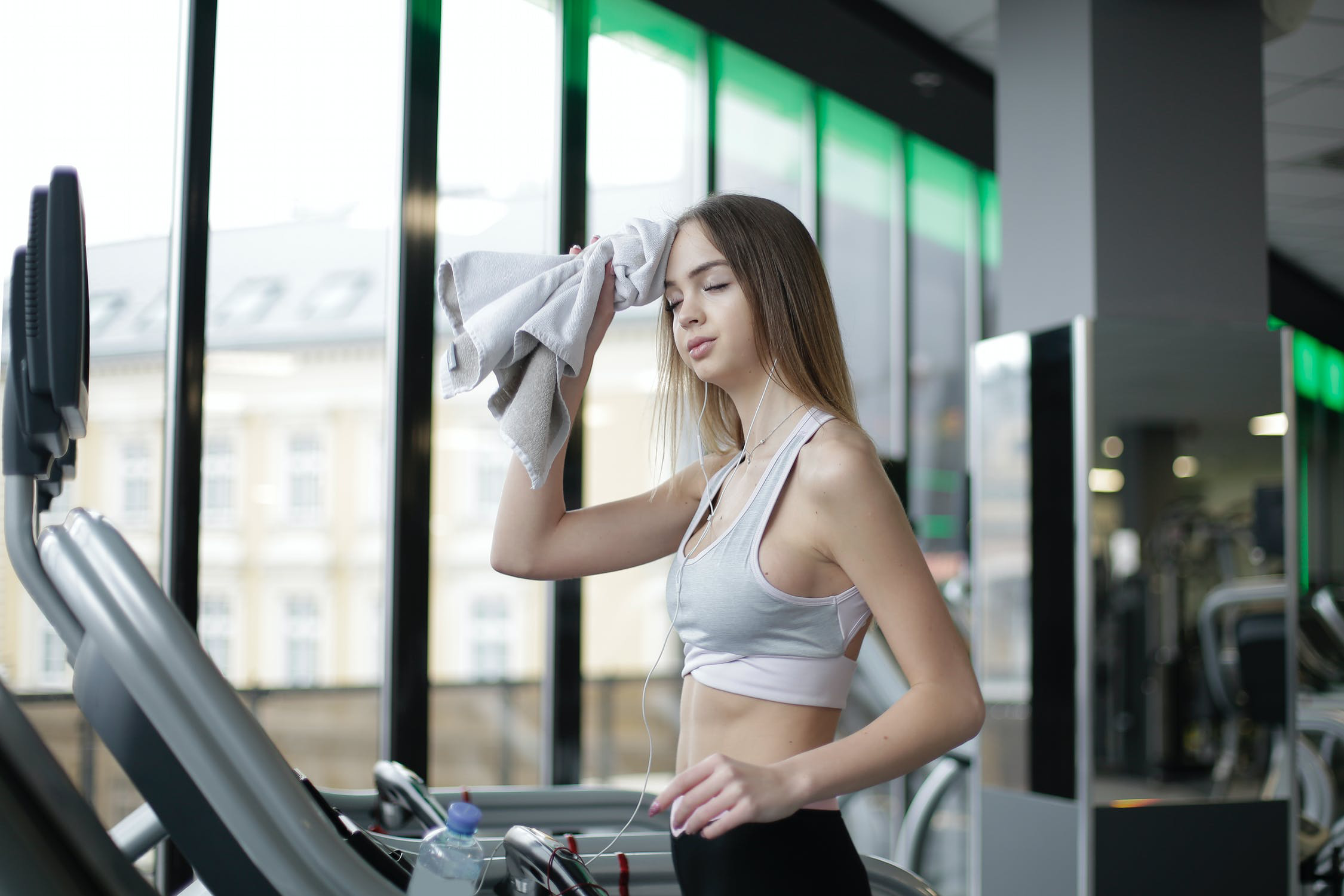
When we exercise, we lose body fluids as we sweat. This blog explores why we sweat from exercise, the importance of rehydration and how we should rehydrate.
Sweat
A common misconception is that the amount you sweat correlates to your training intensity or calories burned. This is not true.
So why do we sweat? The main reason is because our body is maintaining the body’s optimal temperature. When the beads of sweat evaporates from our body, heat is removed and we experience the loss of body fluid1.
The amount we sweat during exercise is also linked to factors such as gender, age, genetics, weight, temperature and humidity. Men usually sweat more than women, younger people sweat more than older people, and larger people sweat more as their body generates greater heat2.
As we sweat from exercise, we need replenish the body fluids lost as it can provide us with many benefits.
Benefits of Rehydration
How can staying hydrated help during exercise? Better Health mentions the following as rehydration benefits3:
Popkin, D’Anci and Rosenberg (2011) also state the following benefits4:
However, you need to be mindful of not overhydrating. Overhydration in rare cases can lead to death3.
Rehydration Options
There are three liquid options that can help you stay hydrated. There also some liquids which you should avoid as they can contribute further to dehydration.
Water is the most obvious choice for hydration. It’s available freely, has no kilojoules and contains fluoride which is great for your teeth3! Water is great for low to medium levels of exercise but it won’t help replenish all the electrolytes lost from exercise.
What about sports drinks? Sports drinks can contain electrolytes and electrolytes are important to replenish if undertaking high intensity exercise. However, the issue is that sports drinks can have high levels of sugars so they should only be consumed when necessary3.
Here’s where an Oral Rehydration Solution (ORS) comes in. When you experience body fluid loss, an ORS helps to treat and prevent dehydration by replenishing the lost water and electrolytes. They can be used for any situation where you experience body fluid loss, including heat, exercise/physical activity, excessive alcohol consumption, vomiting/diarrhoea and travel. There are quite a few ORS products in the market, but there’s one solution which has a significant difference and that is BIOLyte.
As an ORS, BIOLyte can help aid in fast rehydration. With added Prebiotic and Zinc, BIOLyte supports your immune system health and aids in muscle recovery, respectively. In fact, BIOLyte can provide fast absorption of electrolytes as it has low osmolality, resulting in rapid rehydration. The ratio of glucose to sodium is 1:1 which also assists with the fast rehydration.
What about drinks that you should avoid? Cordials, soft drinks and juice are high in carbs and low in sodium3. Coffee is a diuretic (along with alcohol!) which makes you pass more urine, so there’s a loss of more fluid.
After Exercise
After you’ve completed your exercise, it’s important to continue rehydrating over the next few hours as you will sweat and urinate after exercising3. Having fluids on hand can help you stay hydrated.
